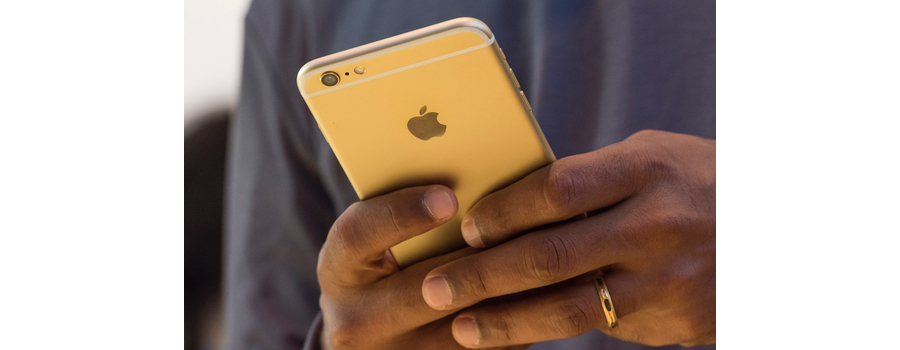WASHINGTON, Oct 27 (Reuters) - Sharing of computer data on cyber threats between the private sector and U.S. government would increase under legislation expected to win Senate approval on Tuesday despite objections of privacy advocates who fear excessive government surveillance.
Two related measures won approval in the House of Representatives earlier this year and must be reconciled with the Senate bill before final legislation goes to President Barack Obama.
Some House leaders have said the Senate language is unlikely to be accepted by the House, suggesting a conference is likely.
Civil libertarians have opposed information-sharing legislation for years, with many warning it will give the National Security Agency and other agencies more access to snoop on Americans' personal data without improving cyber defenses.
The Senate's Cybersecurity Information Sharing Act (CISA) is important to help detect and minimize cyber intrusions, according to the bill's bipartisan backers.
It would make it easier for corporations to share information about cyber attacks with each other or the government without fear of lawsuits.
After numerous failed starts, the long-stalled measure was seen as likely to win easy approval. Senators have been eager to address cyber security in the wake of recent high-profile hacks of companies such as Sony Pictures and the pilfering of troves of employee data from the federal Office of Personnel Management.
The Obama administration endorsed the Senate measure last week after the bill's sponsors worked to improve privacy protections. The White House, however, noted some remaining reservations with the bill's language.
Senate passage would represent a whiplash for digital privacy advocates buoyed earlier this year by adoption of legislation effectively terminating the NSA's bulk collection of U.S. phone metadata.
Original Article
Source: huffingtonpost.com/
Author: Dustin Volz
Two related measures won approval in the House of Representatives earlier this year and must be reconciled with the Senate bill before final legislation goes to President Barack Obama.
Some House leaders have said the Senate language is unlikely to be accepted by the House, suggesting a conference is likely.
Civil libertarians have opposed information-sharing legislation for years, with many warning it will give the National Security Agency and other agencies more access to snoop on Americans' personal data without improving cyber defenses.
The Senate's Cybersecurity Information Sharing Act (CISA) is important to help detect and minimize cyber intrusions, according to the bill's bipartisan backers.
It would make it easier for corporations to share information about cyber attacks with each other or the government without fear of lawsuits.
After numerous failed starts, the long-stalled measure was seen as likely to win easy approval. Senators have been eager to address cyber security in the wake of recent high-profile hacks of companies such as Sony Pictures and the pilfering of troves of employee data from the federal Office of Personnel Management.
The Obama administration endorsed the Senate measure last week after the bill's sponsors worked to improve privacy protections. The White House, however, noted some remaining reservations with the bill's language.
Senate passage would represent a whiplash for digital privacy advocates buoyed earlier this year by adoption of legislation effectively terminating the NSA's bulk collection of U.S. phone metadata.
Original Article
Source: huffingtonpost.com/
Author: Dustin Volz

No comments:
Post a Comment